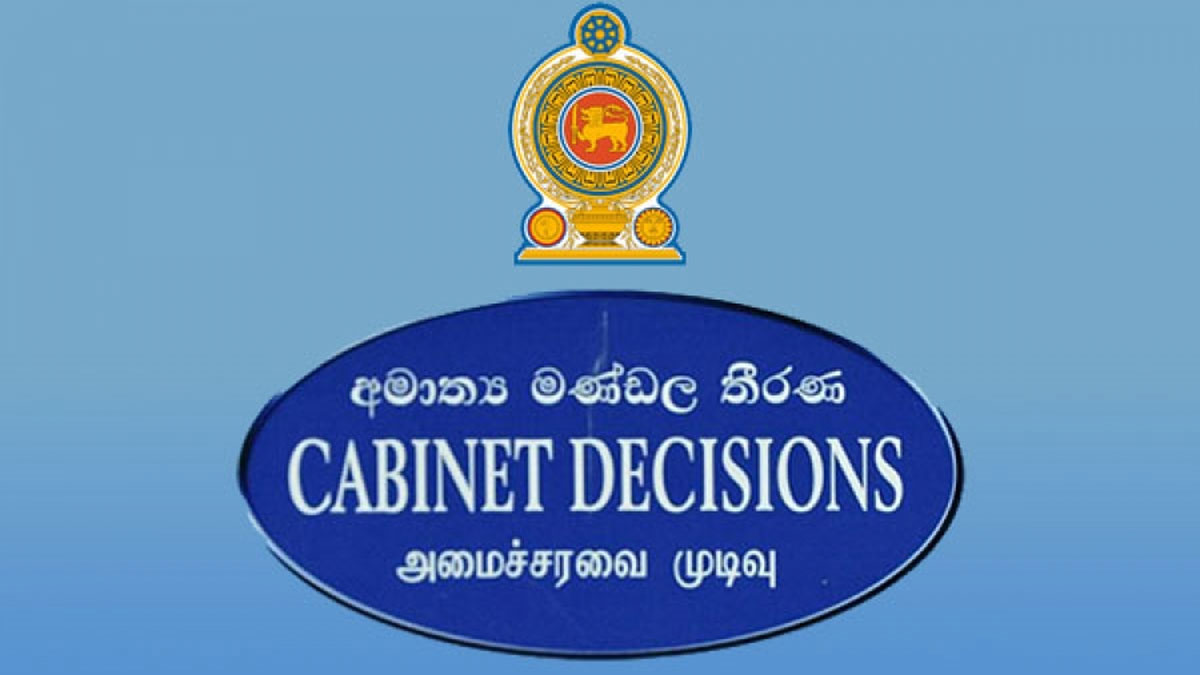
CAGAYAN DE ORO, Philippines – For the first time, Bangsamoro groups in Mindanao, including those in Sulu and Palawan, will write their comprehensive history from their own perspective. The National Historical Commission of the Philippines (NHCP), the Bangsamoro Commission on the Preservation of Culture and History (BCPCH), and Mindanao State University-Iligan Institute of Technology (MSU-IIT) have partnered for the research writing colloquium. The project began with a two-day training in Cagayan de Oro on January 16-17, aimed at documenting the history of 13 predominantly Muslim ethnolinguistic groups.
“This is the first phase of a multi-year research project that aims to write a comprehensive historical record of Muslim Mindanao through the perspectives and voices of the Muslim majority ethnolinguistic groups in the Philippines,” said NHCP Commissioner Cecilia Tangian, also director of Center for Advanced Education of MSU-IIT. A six-volume compendium of Bangsamoro history will be published by 2027. Tangian emphasized the need for more inclusive historical writing to prevent the marginalization of Moro groups in Philippine history .

The project aligns with the 2030 Year of Philippine Muslim History, which aims to bring to the spotlight Muslim contributions to Filipino society. NHCP Executive Director Carminda Arevalo noted that the project would be a milestone in making the stories of local Muslim communities a key part of national history. “We are aiming to tap the community scholars, local historians, and cultural workers to highlight and put into writing unwritten stories of their communities from their own perspectives, and not by foreign, external, or Manila-centric sources,” Arevalo said.
Participants drafted outlines focusing on three main areas: origin stories, historical chronology, and key themes. The project is in line with the 2030 Year of Philippine Muslim History and Heritage, a nationwide initiative to recognize Muslim history as part of the country’s broader heritage. In 2024, NHCP officially launched the Year of Philippine Muslim History and Heritage in Tawi-Tawi, with the theme “Pamana, Pagkakaisa, Kaunlaran” (Heritage, Unity, Progress).
Dr. Faina Abaya-Ulindang of the Department of History and International Studies of Xavier University-Ateneo de Cagayan emphasized the importance of a participatory approach to history-making, involving local communities and oral histories. Dr.
Juvanni Caballero, a history professor and director of MSU-IIT’s Alumni and Endowment Fund Center, called for the integration of the Bangsamoro into the broader history of the Philippines. Another academic, Dr. Darwin Absari of the Institute of Islamic Studies of the University of the Philippines, cautioned about the likely divisions that could arise from limiting the focus to only 13 groups, excluding others like those who converted to Islam.
Absari said the project should unite, rather than divide, the Moro communities and emphasized the importance of focusing on their contributions. – Rappler.com.













